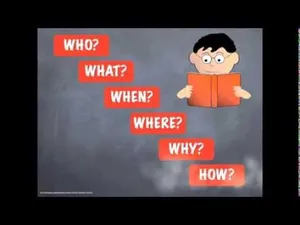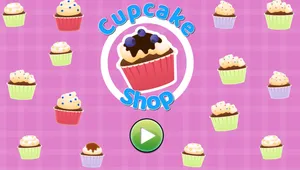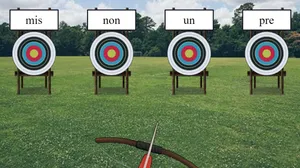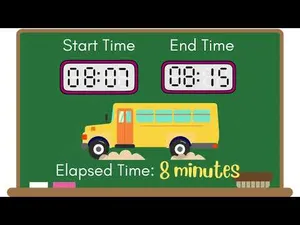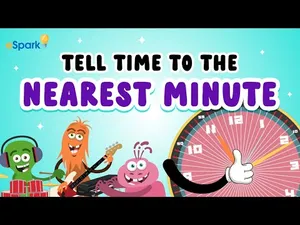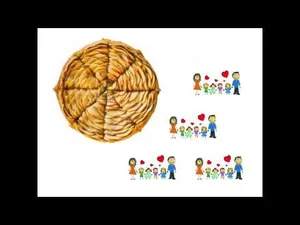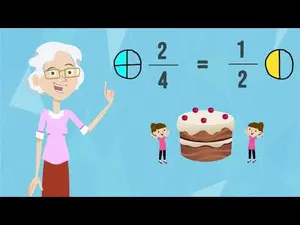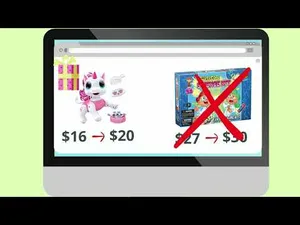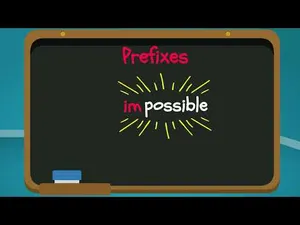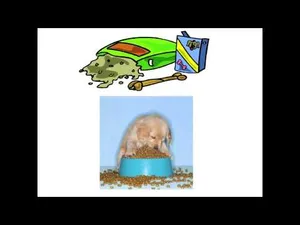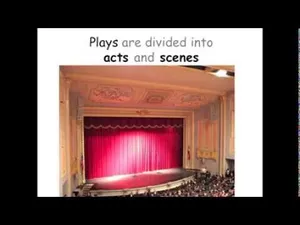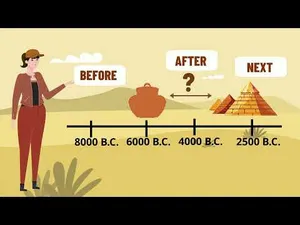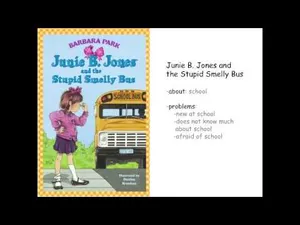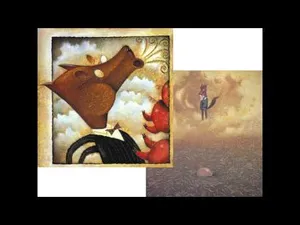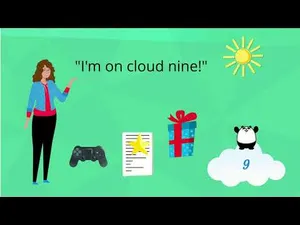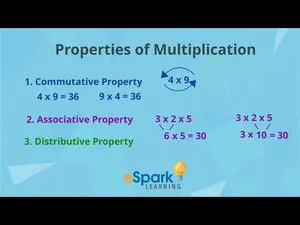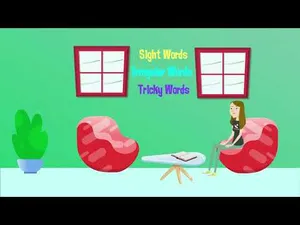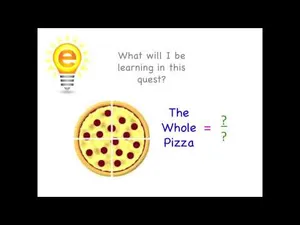Elapsed Time on a Number Line
Tell and Write Time in Minutes
Minute Hand 'Round the Clock
Tell and Write Time in Minutes
Intro to Multi-Step Word Problems
Two-Step Word Problems
Flipping Division to Multiplication
Division as an Unknown Factor
Intro to Equivalent Fractions
Identifying Equivalent Fractions
What is Rounding? Tens and Hundreds
Round to Tens and Hundreds
Prefixes and Suffixes Introduction
Common Prefixes and Suffixes
Asking & Answering Questions
Asking and Answering Questions
Introduction to Reading with Fluency
Read with Fluency
Finding the Missing Number in Equations
Unknown Number Equations
Intro to Structure in Stories, Plays, and Poems
Identifying Text Structure
Intro to Connecting Ideas in Informational Text
Connecting Story Details
Compare and Contrast Books in a Series
Compare, Contrast Series Books
Reading Literature - Using Illustrations
Illustrations Support Text
Reading Literature - Point of View
Point of View
What is Nonliteral Language?
Literal vs Non-literal Language
Introduction to Properties of Multiplication
Properties of Multiplication
Measurement & Data - Perimeter of a Rectangle
Perimeter of Polygons
Read and Write Sight Words
Reading Sight Words
Fractions as Division Problems
Whole Numbers as Fractions
Educational Activities and Teaching Resources for 3rd Grade
Welcome to third grade! This year, we learn that 100 is not enough—it's time to start working with some seriously big numbers. Don't be late this year or your students will know, now that they can tell time to the minute! Students will begin developing multiplication and division skills to round out the four core operations. They'll learn about basic equations and apply various strategies to solve complex critical thinking challenges. Fractions are introduced and expanded upon throughout the year and students will now be asked to tell time to the nearest minute if they can't already. Volumes and masses replace length and weight, the concept of area is introduced, and shapes are discussed in terms of various attributes.
When it comes to reading, "The fool doth think he is wise, but the wise man knows himself to be a fool." Thanks a lot, Shakespeare! Poetry with purpose is one of our favorite topics covered at this stage of development. Growing readers encounter new milestones in third grade, including the ability to comprehend a variety of literature and text types, make deeper connections while reading, and decode larger and more complex words. This is the final year for foundational reading standards in eSpark and most basic phonics work has been wrapped up at this point. Fluency is taking center stage, as students work with on-level text and continuously challenge themselves to grow. Language and grammar instruction expands to include more tenses, irregular words, abstract words, and complex sentences.
Some of the skills students will master in eSpark include:
Math
- Interpreting products and quotients of whole numbers with groups of objects
- Fluently multiplying and dividing within 100
- Applying properties of operations as strategies to multiply and divide
- Solving multi-step word problems using the four operations
- Rounding to the nearest 10 or 100
- Fluently adding and subtracting within 1000
- Understanding fractions and fraction equivalence
- Telling time to the nearest minute
- Measuring volumes, masses, and areas
- Categorizing shapes based on angles and sides
Reading
- Asking and answering questions by referring explicitly to the text
- Recounting stories and describing characters, events, and main ideas
- Understanding story structure and point of view
- Comparing and contrasting texts from the same author and on the same topic
- Decoding multisyllabic words and words with common Latin suffixes
- Reading grade-level text, prose, and poetry with purpose, understanding, accuracy, and expression
- Describing relationships between characters, actions, events, concepts, and steps
- Using text features and search tools to locate information
eSpark is truly unique in the world of online learning. Our holistic, student-centered approach blends the proven benefits of play-based learning with systematic, explicit, and direct instruction. It’s proof that learning can be fun, personalized, and effective, all at once!
eSpark meets the criteria for evidence-based interventions under ESSA guidelines, and has been proven in multiple studies to improve student performance in math and reading.
When you sign up for an eSpark account, your students experience these activities via adaptive, differentiated independent pathways and teacher-driven small group assignments. Teachers also have access to detailed usage and progress reports with valuable insights into standards mastery, student growth trends, and intervention opportunities.
With the addition of the game-changing Choice Texts for the 2023-2024 school year, eSpark has cemented its status as the most loved supplemental instruction option for students and teachers alike. Claim your free account today and see the difference for yourself!
